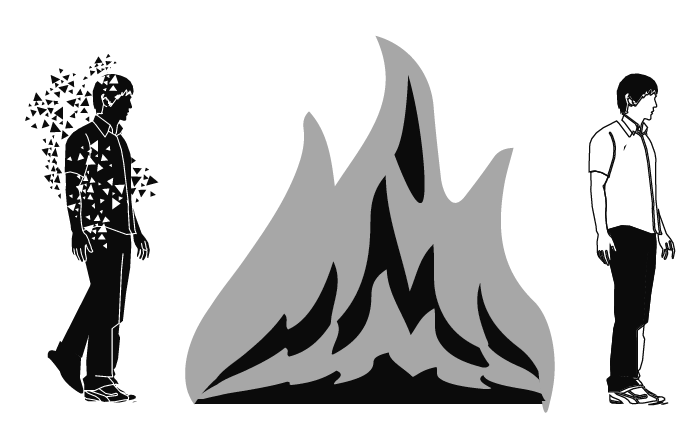Not long ago, an acquaintance, riding together in a bus asked half-jokingly: "Will I be a little nicer after reading Dostoevsky's 'Sin and Punishment'?" These words are the beginning of Peace Column in the Catholic Peace Weekly by a University professor.
The answer "no" popped out of her mouth, without much thought. It was embarrassing as it seemed to unknowingly reveal her inner world. She laughed but the question remained with her for some time.
If novels taught goodness and wisdom, the world would have been filled with sages and saints. Of course, at times you do learn something, but novels are not a very good medium of enlightenment in terms of time expended. There are many ways in which you can invest less time and get much more practical life advice. Then why on earth do you read a novel?
'Sin and Punishment' is a novel that shows human pride, sin, suffering, and rebirth based on profound Christian spirituality. Raskolnikov is a student with a wounded sense of worth, living in dire poverty on leave from school who kills an old woman the owner of a pawn shop. He hates the unfair world in which he lives and has a distorted sense of justice. Helping the poor with the money of the rich is the theory behind his actions but it really is a desire for power and false judgment of others that motivates the killing.
The punishment for his evil deeds is alienation. A painful, endless sense of loneliness and gloominess suddenly and clearly penetrated his soul. To be freed from the hell of absolute isolation and be reconnected with the world, he realizes he must first confess his sins. He needs to bow to the whole world and say out loud to everyone: "I killed the woman". Then God will send you life again.
The road to life is both rough and inspiring. He falls down in front of his mother and kissed her feet, and the two held each other tightly and burst into tears. Eventually, the moment of resurrection comes to him, while repenting of his sins in Siberian exile. From sickness and weakness, the morning glow of the already renewed future, and complete resurrection entered his life.
As we read the novel, we are amazed to realize that Raskolnikov's cruel will and violent intelligence are within us. Sometimes his cramped boarding room is read as a metaphor for the guilt that imprisons us. His loneliness and alienation sometimes mirror the boredom of our lives. However, as soon as he finally confirms that he is on the path to rebirth, an amazing catharsis comes. We are thrilled by grace that penetrates into the heart of a sinner. What we experience finishing the book is difficult to describe.
The time we spend alone has increased due to the pandemic. If you're tired of breaking news reporting the number of confirmed cases of the virus and tired of 'entertainment' in the media, let's start reading some of the classic novels. Reading the classics takes time and effort, but the rewards are enormous. Hermann Hesse once affirmed that Dostoevsky's novel should be read when in a period of suffering.
When we are miserable, when we suffer, when our whole life feels like a burning wound, read his novel, his music, his comfort, and his love come to us. It seems that now when we have to endure the pandemic, is the time when we need the comfort and love that this master novelist can convey.
